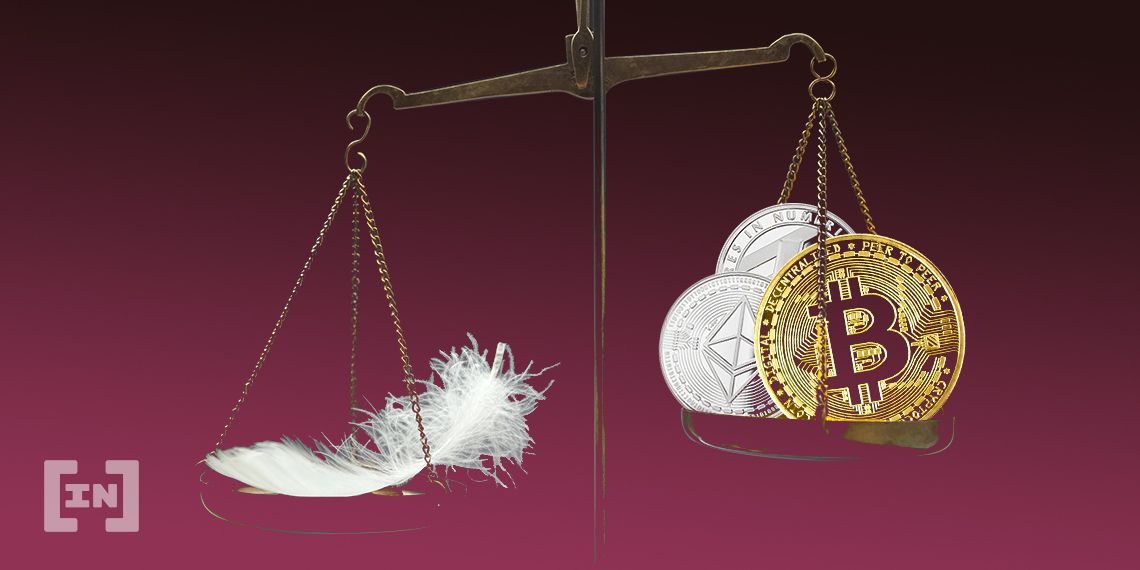The position of the Commission is that virtual crypto assets are securities, unless proven otherwise.
— Tech Bro (@OdunEweniyi) September 14, 2020
Statement On Digital Assets And Their Classification And Treatment https://t.co/dDIS2ED8fr via @secnigeria
Particulars of SEC Regulatory Statement
The statement focused on defining the issuance of crypto assets as a regulated activity, which is a departure from the status quo. Specifically, it listed all initial coin offerings (ICO), digital asset token offerings (DATO), and security token offerings (STO) in Nigeria as regulated activities that must demonstrate compliance with SEC legislation going forward. The actions are similar to those taken by the United States Securities and Exchange Commission (SEC) in regulating ICOs.Most significantly, it lists cryptocurrency trading as a regulated activity, which brings an end to more than five years of regulatory inflexibility on the subject. Nigeria’s police and security forces are notorious for arbitrarily defining cryptocurrency-related activities as fraudulent or illegal in the absence of a regulatory position. The announcement appears to finally draw a line under this by giving legal recognition to the country’s crypto industry. An excerpt from the announcement reads:The Securities and Exchange Commission, Nigeria | The SEC in the US made the same designation but other than extra KYC that has not meaningfully affected retail market for crypto. I wouldn't panic. https://t.co/EJp40STbat
— RIP to all the Fallen. (@eldivyn) September 14, 2020
Any person, (individual or corporate) whose activities involve any aspect of Blockchain-related and virtual digital asset services, must be registered by the Commission and as such, will be subject to the regulatory guidelines. Such services include, but are not limited to reception, transmission and execution of orders on behalf of other persons, dealers on own account, portfolio management, investment advice, custodian or nominee services.
SEC Recognition Does Not Mean Full Regulatory Clarity
The statement comes from a financial regulator in Africa’s largest crypto market and one of the world’s fastest-growing crypto adoption areas. It is, however, only one step on the road to full regulatory clarity. While the SEC has jurisdiction over tradeable assets, it’s the Central Bank of Nigeria (CBN) that has the power to decide whether crypto will be recognized as legal tender in Nigeria. Speaking exclusively on the matter, Nairametrics Economic Analyst William Ukpe said:In the long run, the guidelines show that the SEC does not see crypto as threat, and one thing Nigeria’s economic history has shown is that where government does not stifle innovation, the market also wins. However we wait for CBN’s response – that is what will truly show if Nigeria is ready for the cryptocurrency revolution.
Disclaimer
In line with the Trust Project guidelines, this price analysis article is for informational purposes only and should not be considered financial or investment advice. BeInCrypto is committed to accurate, unbiased reporting, but market conditions are subject to change without notice. Always conduct your own research and consult with a professional before making any financial decisions. Please note that our Terms and Conditions, Privacy Policy, and Disclaimers have been updated.

